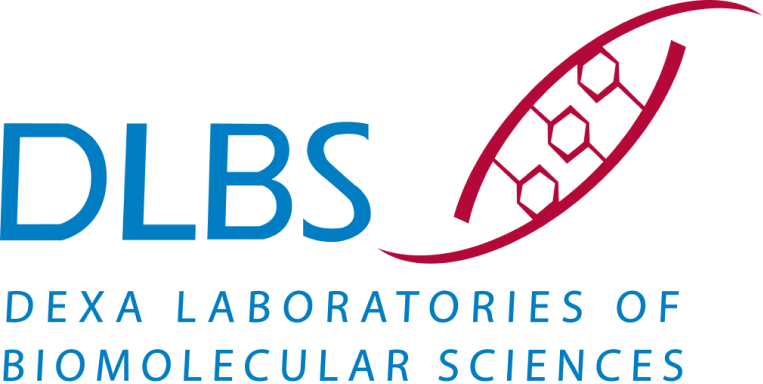Ministry of Health Affirms Commitment to Increasing Phytopharmaceuticals Usage
- Corry Saputra
- Jun 23, 2023
- 2 min read

The government is committed to achieving national pharmaceutical independence, one of which is through the development of natural-based medicines. Aligned with this commitment, Dexa Group continues to advance the development of Indonesian Indigenous Modern Medicines (Obat Modern Asli Indonesia (OMAI)).
"We are delighted that pharmaceutical independence can be realized by establishing the Phytopharmaceuticals Formulary. Hopefully, our herbal medicines will see increased usage," stated the Director of Research and Business Development, Prof. Raymond Tjandrawinata, during the dissemination event on the development process of natural-based medicines towards Phytopharmaceuticals, organized by the Ministry of Health (Kementerian Kesehatan (Kemenkes)) on Thursday, June 22, 2023.
Prof. Raymond highlighted the Phytopharmaceuticals OMAI products developed by Dexa Group, including Inlacin and Disolf, which are already included in the Phytopharmaceuticals Formulary.
He elaborated on the development process of Inlacin, which is made from cinnamon and lagerstroemia. Dexa Laboratories of Biomolecular Sciences (DLBS) scientists meticulously sourced cinnamon from various regions in Indonesia and abroad. "Interestingly, the best cinnamon was found in our backyard, on Mount Kerinci," said Prof. Raymond.
The Atma Jaya University professor expressed hope that natural-based medicine would be incorporated into university curricula, enabling Indonesian doctors to understand that clinically tested natural-based medicines have efficacy equivalent to chemical-based medicines.
According to Kemenkes data, clinical trials for natural-based medicines in Indonesia remain limited, at only 7.6% compared to Thailand, despite Indonesia's vast natural resources.
"During the COVID-19 pandemic, traditional medicines gained significant traction in society. The use of ginger and natural supplements increased substantially. Phytopharmaceuticals has already been integrated into formal therapy for health disorders, which we must preserve to reduce reliance on imports," said the Acting Director of Pharmaceutical Production and Distribution at Kemenkes Roy Himawan.
Nomenclature Changes to Include Phytopharmaceuticals in JKN
Despite being listed in the Phytopharmaceuticals Formulary, Phytopharmaceuticals medicines are not yet included in the National Formulary (Formularium Nasional (Fornas)) for the National Health Insurance (Jaminan Kesehatan Nasional (JKN)) program. This is due to Ministry of Health Regulation No. 54/2018, which prohibits traditional medicines from being included in the Fornas.
Under current regulations, traditional medicines are derived from natural ingredients. Therefore, a nomenclature change is proposed to reclassify Phytopharmaceuticals as "Natural Medicines" rather than "Traditional Medicines."
"The nomenclature change is a follow-up step to enable Phytopharmaceuticals medicines to be included in the formulary for JKN. In the draft bill, we propose reclassifying them as Natural Medicines," explained Mrs. Ninik Hariyati, Head of the Phytopharmaceuticals Selection Task Force at Kemenkes.
Mrs. Ninik emphasized the need to increase the number of Phytopharmaceuticals products. As part of this effort, the Ministry of Health is committed to enhancing the use of Phytopharmaceuticals.
"Kemenkes will increase the use of Phytopharmaceuticals through special allocation and capitation funds by its authority. We will conduct outreach on advancing natural-based medicines towards Phytopharmaceuticals," affirmed Mrs. Ninik.
